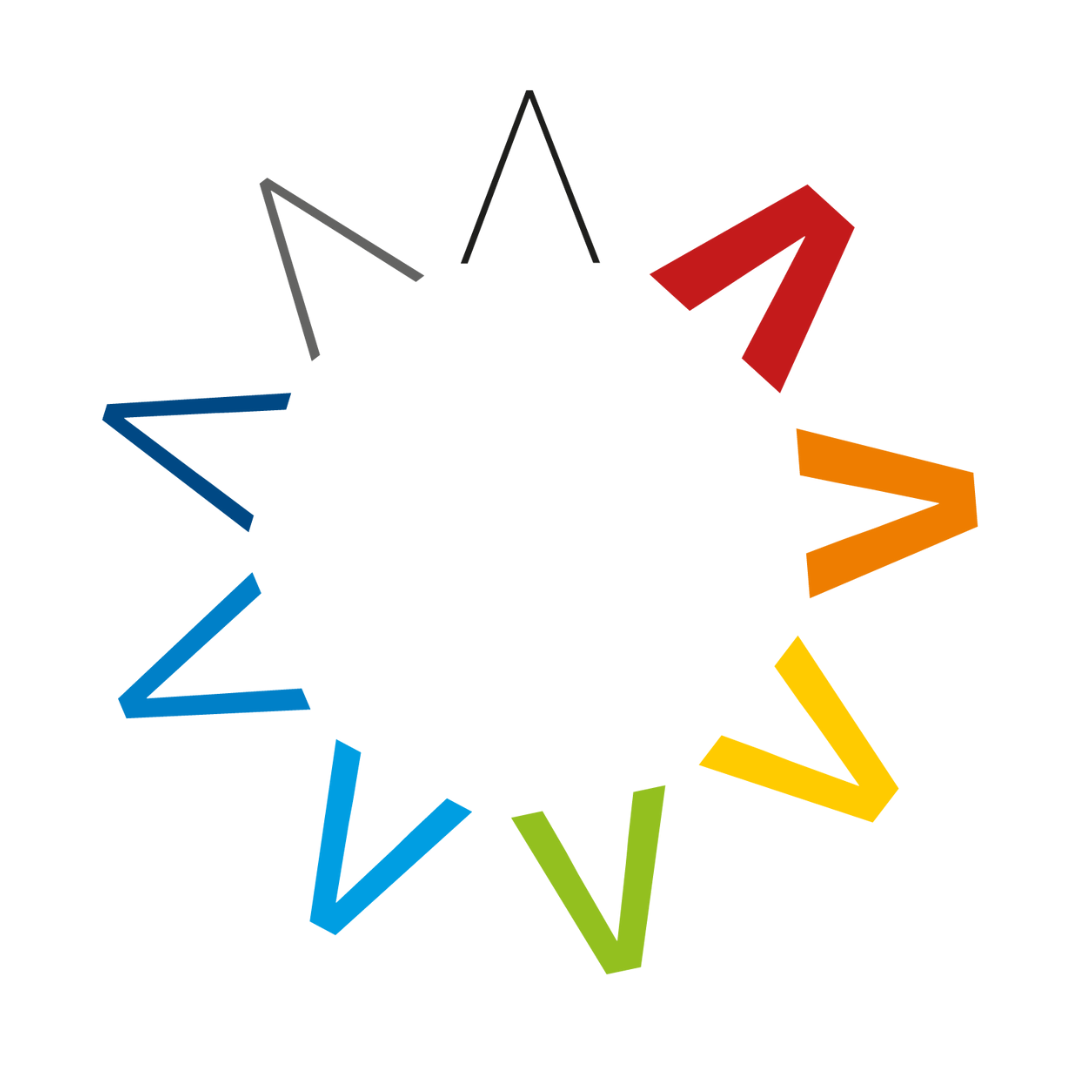UPDATE
Distance Support
CÉLIA’S STORY
Update of July 2025 – A wheelchair, the community support and a new chance at life
In the heart of Mafalala, one of the most popular and vulnerable neighborhoods in Maputo, Mozambique, there is a story of daily obstacles, quiet determination, and collective solidarity. It is the story of Célia, a girl with disabilities, and how a simple wheelchair can become a tool for change and dignity. What begins as a small gesture turns into a lesson in humanity and shared responsibility.
Célia is 16 years old. She is a girl full of desire to discover the world, but her legs cannot support her. She lives with her mother, Maria, in very precarious conditions. Their home is simple, made of makeshift materials, built on muddy ground that becomes impassable after rain. For years, Célia has lived almost completely isolated from the outside world, unable to move around, participate, or be seen. Her mother has always done everything she can. To take her daughter to receive a food parcel or to a doctor’s appointment, she had to carry her on her shoulders. No wheelchair. No aids. No support. Just willpower and a mother’s love that can withstand anything.
The first contact with the Associação Cultural de Canto e Dança Machaka (Machaka Cultural Association of Song and Dance) took place when Maria went to the headquarters to write a letter requesting help for the special school. The coordinator of Machaka, João, immediately understood that there was much more to that request. He decided to visit Maria and Célia’s home. What he found made him realize the urgency of taking action. From there, mother and daughter entered AGAPE’s Distance Support project. The project provides food assistance, parenting education, school supplies, and recreational activities to vulnerable children in the community. Célia became one of the beneficiaries. But her participation was hampered by a practical obstacle: she could not move on her own.
For some time, Célia manages to get to Machaka thanks to an old, malfunctioning wheelchair. When it stops working, her mother starts carrying her on her shoulders again. Her attendance at activities becomes sporadic. Célia participates in drawing workshops, but her presence is dependent on her mother’s physical availability. This is an unsustainable situation, which deeply affects the volunteers who follow the family. During a home visit, AGAPE project manager David and volunteer Irene enter Célia’s home. Irene, who is involved in the parental education project, is among the first to raise the alarm: “We need a new chair. It’s urgent. We can’t wait.” Marina, who has recently joined the project, immediately sets to work to find a concrete solution. Thus began a chain of solidarity involving different people in different ways.
Marina, in addition to being an AGAPE volunteer, works at the Mahotas Psychosocial Rehabilitation Center, where she meets people with disabilities on a daily basis. She knows how much a wheelchair can change the quality of life. After several attempts to obtain a free wheelchair from institutions and donors, she decides to turn to the WhatsApp Expats group, made up of foreigners living in the country. There she tells Célia’s story, and in a short time, 11 people respond. Each donates 750 meticais (about 10 euros). The total amount collected reaches 8,000 meticais. A local shop, Lua Comércio, moved by the story, offered a significant discount and sold the perfect chair for Célia at the exact price raised. A gesture of generosity that completed the circle.
The day the chair arrived at Célia’s house was full of emotion. Marina and Irene showed up with a large box. Célia did not know what was happening. When the box is opened and the chair appears, her face lights up. “She jumped for joy, laughed, couldn’t believe it,” says Maria. “I couldn’t stop crying.” The chair is sturdy, adjustable, comfortable. Above all, it represents independence. Now Célia can go out, breathe fresh air, and participate in Machaka’s activities. She can simply be a child. At Machaka, Célia’s case has become symbolic. Her presence at educational and recreational activities sends a message to everyone: disability is not a barrier to participation. It is a condition that requires support, adaptation, and understanding. Nothing more, nothing less.
João proudly emphasizes that Machaka is not just a dance or cultural center. It is also a social hub. “We offer educational support, but also food and emotional support. And now, inclusive support too. There are other children in the neighborhood like Célia. We don’t want to leave them behind.”
Maria now looks to the future with a little more hope. Her dream is for Célia to be able to study. The girl loves to write, loves to watch cartoons, and is full of curiosity. But without a suitable school and trained educators, her potential risks remaining untapped. In the past, Maria tried to enroll her daughter in the CERCI private school, which specializes in education for children with disabilities. She submitted the documents and applied for a scholarship, but never received a response. “It would be a great opportunity,” she says, “but we don’t have the means. We’re still hoping.”
Célia’s story is a simple but powerful one. It tells how, in a little-known corner of the world, a group of people decided not to ignore a need. How listening, closeness, and collective action can transform a person’s life. It is a story that reminds us that solidarity is not about how much, but how. That every gesture, every contribution, every word can be part of change.
As Marina wrote after sharing photos and videos of the delivery: “It doesn’t take much to make a difference. Sometimes, 750 meticais is enough. Eleven people is enough. Two volunteers, a generous shop, and a mother who never stops fighting is enough.” And, above all, believing is enough. Because every Célia has the right to her place in the world.
